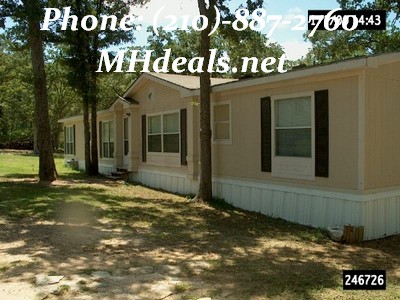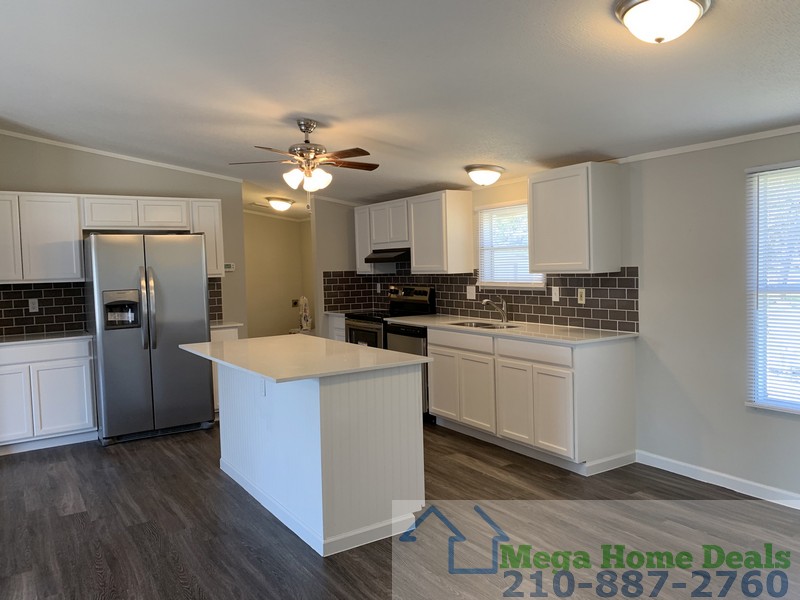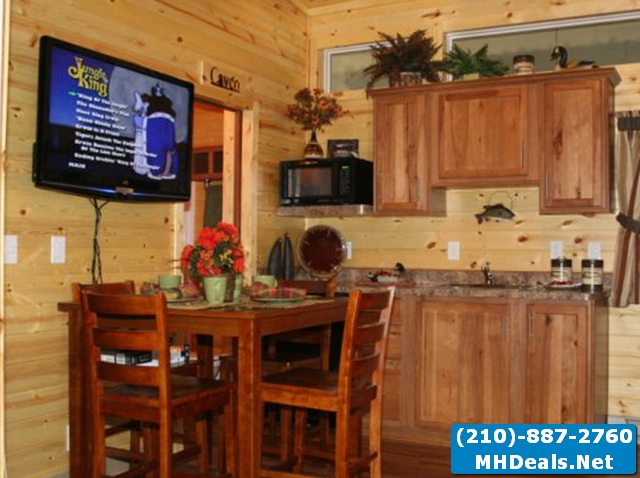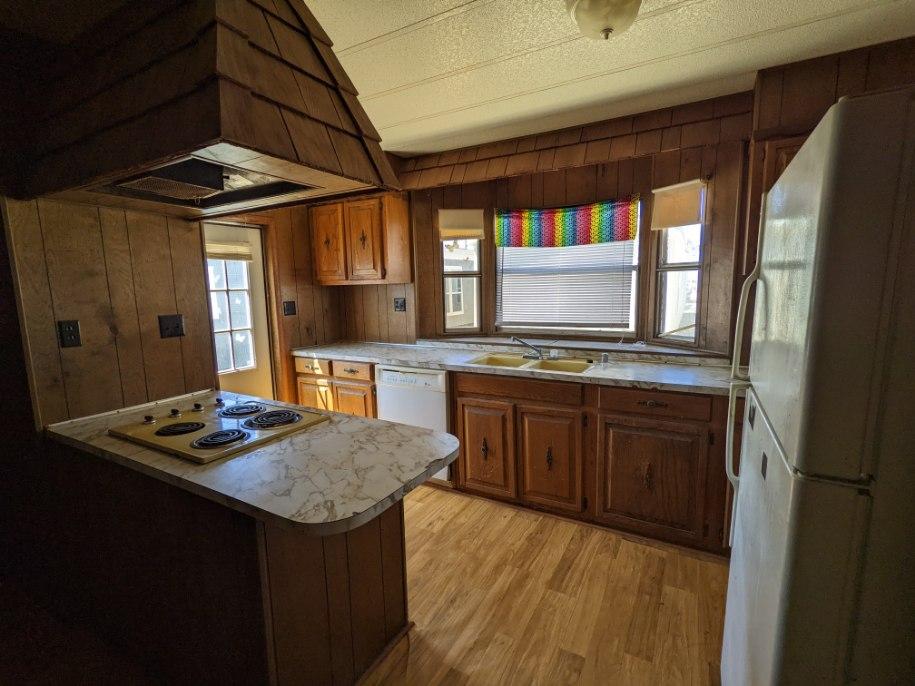Tag: manufactured homes
If you’re on the lookout for a comfortable and personalized housing solution, Oak Creek might just be…
Posted in
4 bedroom Featured Gallery of Modular Manufactured Homes for sale Manufactured Homes mobile homes New
Manufactured Homes are homes built entirely in the factory, transported to the site, and installed under a…
Posted in
4 bedroom Featured Gallery of Modular Manufactured Homes for sale Manufactured Homes mobile homes modular New prefabricated
Choosing the right home is a significant decision, and the variety of options can be both exciting…
Our High quality manufactured homes and Cabins or Tiny Houses are the Best buy for today’s manufactured…
San Antonio Used manufactured homes are in huge demand. The growth of the oilfield in west Texas…




